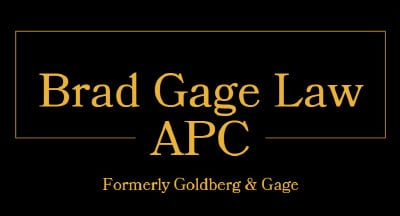The Equal Employment Opportunity Commission (EEOC) is the federal agency most directly tasked with enforcing federal employment laws related to discrimination, harassment and unlawful retaliation. As a result of the EEOC’s mission – and reach – most workers who seek to pursue legal action against an employer that has engaged in, facilitated or failed to prevent/properly address unlawful misconduct will need to connect with the EEOC at some point during their quest for justice.
Unlike many other federal agencies, that do not tend to directly intervene in the event that an American suffers unlawful mistreatment, the EEOC’s approach is very hands-on. In fact, workers generally aren’t permitted to file a civil action against an employer until the EEOC’s established processes have played out in a specific fashion.
The process after a discrimination charge is alleged
Unless a worker is pursuing justice under the Equal Pay Act, any private legal action grounded in federal law – or federal and state law – must wait until after the charge of discrimination process has played out.
Essentially, a worker or their attorney needs to complete an online inquiry, submit to an interview and file a charge of discrimination via the EEOC’s online public portal. This is a time-sensitive process, so workers are best served by seeking legal guidance promptly after suffering mistreatment. Once the EEOC has investigated a worker’s claims, the agency will either file legal action on the worker’s behalf or release the claim so that the worker can pursue action in civil court.
While many government agencies largely operate in “invisible” capacities to all but a select few members of the public, the EEOC is a commanding presence in the broader world of employment law. If you’ve suffered workplace discrimination, it may be time to learn more.
